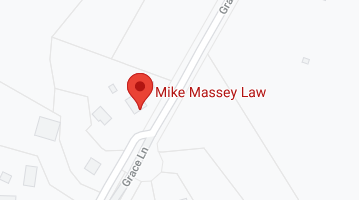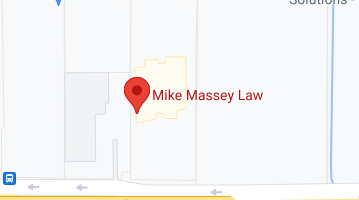When a person dies without drafting and signing a will, they’re considered to have died intestate. Though the situation may seem complex at first, it’s actually fairly common. Many people aren’t proactive about estate planning, which heightens the risk of this happening.
There are a separate set of laws that are designed to deal with intestate deaths. These intestate succession laws lay out the procedure for handling intestate estates. Here’s how they’re dealt with in Texas.
Dependent Administrations and Intestate Estates
Intestate cases in Texas are typically dealt with by an administrator to deal with the distribution of the departed person’s assets. The administrator’s role is functionally comparable to the role of the executor of a will (when there is a will).
Independent administration requires next to no court oversight, but they do require a significant level of approval from the beneficiaries. If there are issues or the heirs don’t give the appropriate consent, the case will be dealt with by a dependent administration.
Dependent administrations are accompanied by significantly more court oversight than independent administrations. The judge will typically mandate court approvals for any exchanges or transactions pertaining to the estate. As a result, the administrator cannot transfer assets, service debts, or generally transact with any part of the estate without court approval.
When Is a Dependent Administration Needed?
The most common circumstance in which the court probably needs a dependent administration is when the beneficiaries disagree or can’t entirely be found. Another situation is when the case is exceptionally complex, be it due to the estate’s arrangements or beneficiaries.
Too many beneficiaries, a complex estate, or some other confusing or controversial issue can force court oversight. This oversight is categorical, extending to cases where there is general agreement over issues. The court’s oversight is justified by the unfairness that could follow improper handling of the estate. If legal principles aren’t followed, or the heirs don’t understand their rights, unfairness frequently follows.
Besides that, dependent administrations have multiple benefits. A dependent administration’s management of an intestate estate is generally smooth. For example, they have an efficient and optimized process for dealing with the departed’s creditors.
This process can be further streamlined by hiring a injury attorney to quickly address the legal hurdles encountered while dealing with an intestate estate. If you’re looking for probate or will attorneys in Houston, Travis, Austin, or Harris County, contact us, at Mike Massey Law.






